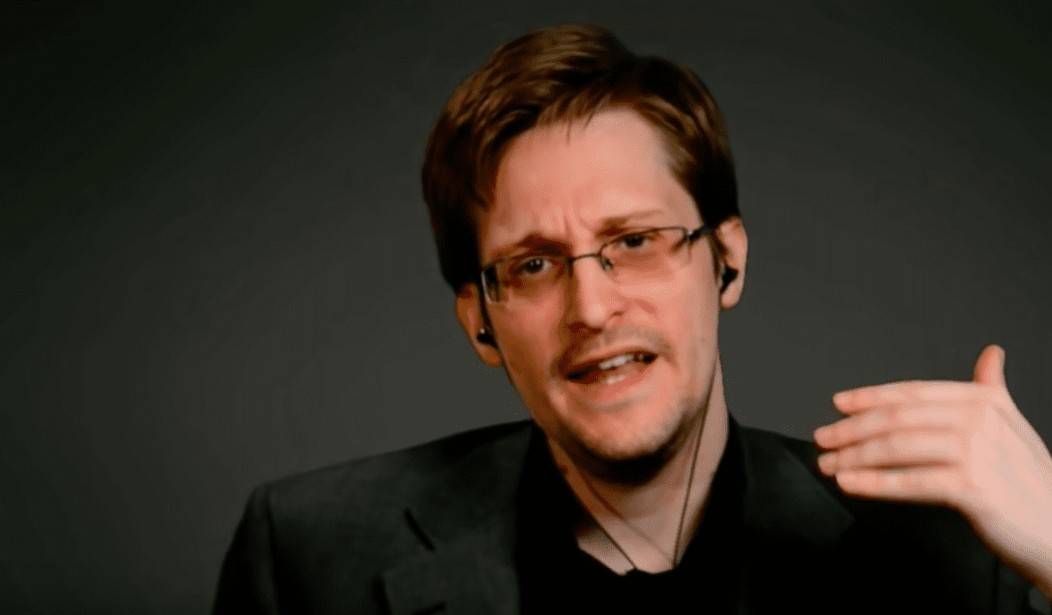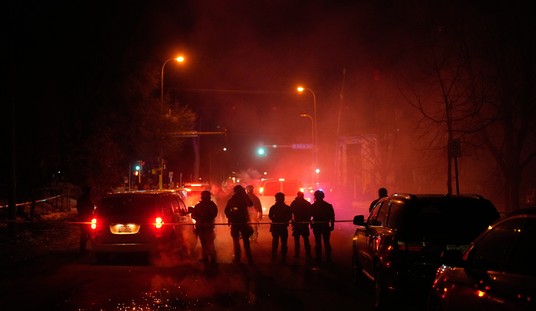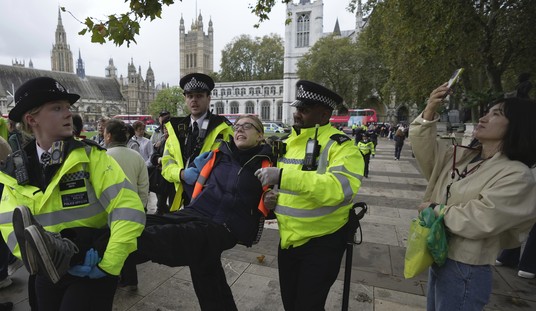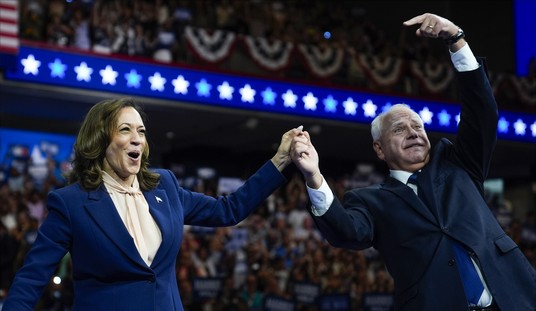In an interview with Britain’s The Guardian on Tuesday, Edward Snowden answered questions about the campaign by the American Civil Liberties Union (ACLU) and Amnesty International to get him pardoned by President Obama, but he also accused the president of ramping up the “war on whistleblowers.”
“What we’re seeing is a conversation about the war on whistleblowers that’s been occurring easily for the last decade, but of course has escalated under the most recent president, who brought charges against more, more whistleblowers than all other administrations combined,” Snowden said. “This is a chance for the public to have their say.”
When Obama served as a constitutional lawyer, he often made the case for privacy and warned about the dangers of mass surveillance. He even made promises to curb the practice, even while expanding it as president. Snowden, a former CIA employee, left the agency with a trove of surveillance documents, releasing the records to the media from Hong Kong in 2013. He has been branded a traitor, but has also ignited a discussion about privacy across the world.
Snowden insisted that he does not run the campaign for his pardon and is not involved in it. Nevertheless, when asked about former Attorney General Eric Holder’s comments in May that the whistleblower performed a “public service,” Snowden said the pardon power exists for cases like this.
If not for these disclosures, if not for these revelations, we should be worse off. Yes, there are laws on the books that say one thing, but perhaps this is why the pardon power exists, for the exceptions — for the things that may seem unlawful in letters on a page, but when we look at them morally, when we look at them ethically, when we look at the results, it seems obvious that these were necessary things, these were vital things.
The Guardian also asked the whistleblower about the upcoming film Snowden, which hits theaters this Friday. Snowden said, “I really don’t know” whether the film will help his case for a pardon, but does know that he is proud to fill the role of getting people to engage with surveillance issues.
“I’ve always been a little bit allergic to media, but I feel like I have an obligation,” he said. The whistleblower noted that movies, media, even fables get people involved in societal and political issues through characters. “The idea that I’ll be used as sort of a mechanism to get people talking about what surveillance means today and how it affects their lives and what they can do to exert some influence … that’s something that I’m happy to be doing, and in fact, proud.”
Next Page: It isn’t about me, it’s about us.
Snowden insisted that the campaign for a pardon “isn’t about me, it’s about us.” He noted that “the public cares about these issues far more than I anticipated,” and he said he is “incredibly fortunate” to receive a “wellspring of support.”
He said he is willing to serve time in prison — but that his willingness to “give more” for his country is not an admission of guilt, nor an acceptance of a role as deterrent, discouraging further whistleblowers.
At the end of the day, Snowden said the key issue in his case is “what kind of society do we want to live in?” That is indeed an important question in a case involving the release of classified information, the privacy violations of the surveillance state, and President Obama’s shift from pro-privacy constitutional law professor to anti-privacy commander in chief.









Join the conversation as a VIP Member